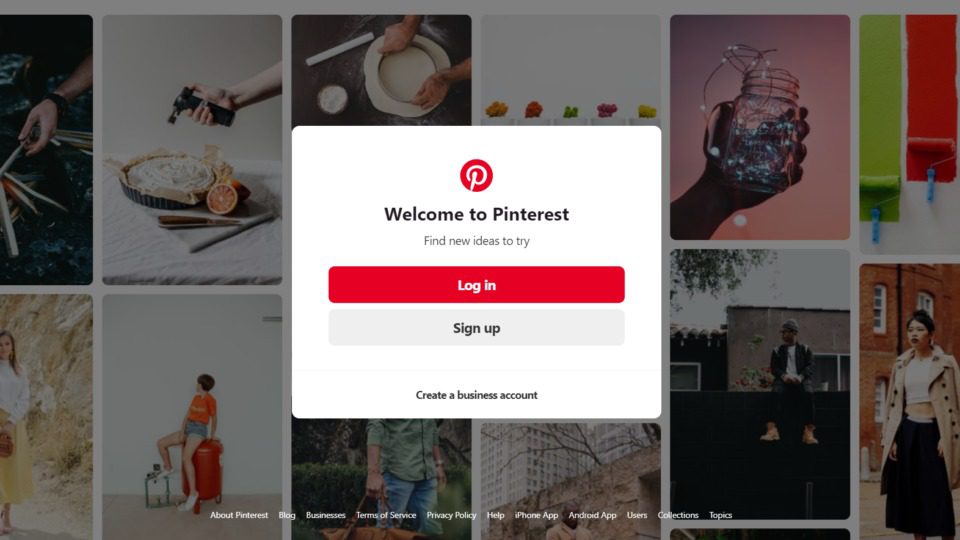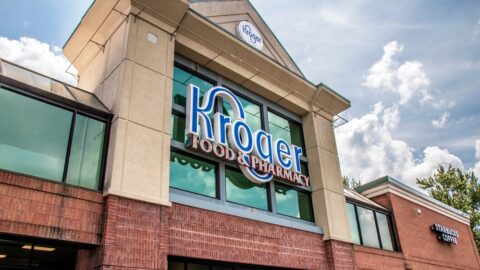Early in his career, Pinterest CEO Ben Silbermann thought the Internet would be a source of positivity for mankind. However, online “fake news,” bullying, merchant fraud, and other issues, have caused trust in businesses, media brands and social networks to waver.
“I thought it would be a positive place that would connect people in a positive way and leave them feeling really good,” Silbermann shared during an NRF 2020 fireside chat with Recode co-founder Kara Swisher. “It didn’t turn out that way, but Pinterest has the opportunity to help fulfill part of that promise.”
That is why Pinterest is laser-focused on remaining a trusted space for consumers to get inspired, not be judged. “The best companies start with their mission and determine how all other decisions contribute to that mission,” he said. To ensure “good things” come from Pinterest, Silbermann and his team have focused on “deliberately engineering” the app, investing heavily in new features and capabilities that help instill user confidence and create a positive, trustworthy environment.
Verified Merchant Program Connects Consumers To Trusted Brands
In the commerce world, being trustworthy means creating a seamless link between inspiration and a high-quality product, Silbermann explained. “People usually start with a problem they want to solve. So the key is figuring out how to go backwards, from consideration to specific brands and products within a certain price point.”
When consumers begin their purchasing journeys, very few know the specific brand or product they want, Silbermann continued. They may want a new wardrobe or may need to remodel their bathroom, but “most people don’t have the words to describe [what they need]. They need an environment where they can go to get inspired easily — in a way that’s not harmful to their values or well-being.”
Pinterest has invested heavily in machine learning and personalization solutions in order to ensure that search results reveal the most relevant content to users. In addition, the social network is working to bridge the gap between inspiration and conversion. Its newest initiative, the Verified Merchant program, helps Pinterest show users the most trustworthy products and merchants.
“The concept of trust now has become an even bigger deal than it was a few years ago,” Silbermann said. “There are scams where products get to your door and look nothing like what was promoted, so we’re building a program in which we’re verifying all merchants and products manually.”
Although the process is time intensive, Silbermann noted that this verification is critical. After all, if a user has a bad experience with a brand or product, it’s ultimately a poor reflection on Pinterest. “We manage the hand-off with the merchant, so we have to show that we sign off and believe that [the merchant] is trustworthy.”
Target, Home Depot Are Getting ‘Inspiration Commerce’ Right
While the number
of sources consumers use to find inspiration has grown exponentially, Pinterest
is aiming to drive the era of inspiration commerce.
“Getting inspired is an old idea — it’s essentially merchandising — but now
we’re stitching it together in an all-new way,” Silbermann explained. This “new
way” focuses on inspiration and passion first and allows consumers to eventually
go to the products that help create a look or design.
Retailers like Target and Home Depot are getting inspiration
commerce right, according to Silbermann, because “they play at the inspiration
level.” These brands merchandise well, customize their creative for Pinterest
and share content that resonates with their target audiences. To create a seamless
connection to commerce, they upload their product catalog so people can easily
click to find the products that are being used in a specific look, mood board
or room design.
“Brands that are able to connect with people at the moment of inspiration are able to grow faster than I think a lot of people thought was possible,” Silbermann said. “Being a really good storyteller and showing up in the places where people are engaging with their passions is a really big priority — and increasingly, that’s online.”
Pinterest has years of product roadmap and strategy in place, focusing on innovations that will help people visualize products in their lives and hand them off to brands and retailers that can fulfill their needs. The tech trend that Silbermann is most excited about is augmented reality (AR), which can help users truly see products, customize them, and imagine how they fit in their lives: “From a retail perspective, that’s a very exciting development.”













